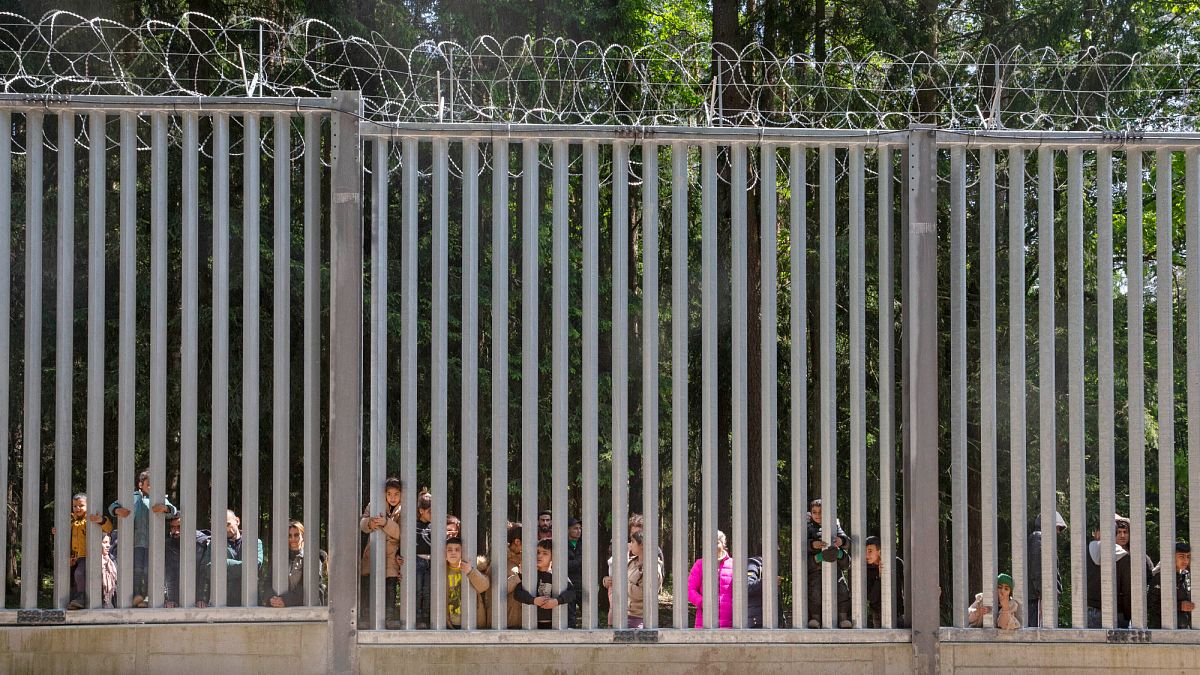

In the dynamic arena of international politics and global engagements, several topics are capturing the public’s attention. From the European Union’s strategic maneuvers on migration to evolving geopolitical tensions and humanitarian concerns, this multifaceted landscape continues to unfold, urging stakeholders to pursue constructive dialogue and peaceful resolutions.
Among the critical developments, European Union countries are aligning to support the European Commission’s plans to outsource aspects of migration management beyond their borders. This approach, as articulated by Denmark, aims to harmonize the return policies of member states by the end of its EU presidency. Such collaboration is intended to manage migration more efficiently while lending support to countries particularly affected by migration flows.
Meanwhile, Lithuania has raised issues regarding escalating GPS jamming incidents, attributing the malfunctions to Russian activities emanating from Kaliningrad. Highlighting these security concerns, Lithuanian authorities underscore the importance of addressing these interruptions, given their potential impact on aviation and national security, while fostering diplomatic engagement to mitigate these tensions.
In the context of international peace efforts, former President Trump has recently issued a statement urging a ceasefire, presenting a temporal window that seeks to encourage peace dialogues. As the world watches closely, the efficacy of such ultimatums in propelling meaningful changes remains under observation. The statement reflects ongoing diplomatic efforts, aiming to diffuse tensions while keeping open channels for potential reconciliation.
The call for transparency and access in Gaza has become another focal point, where France has urged Israel to allow media presence within the region. The French foreign minister’s appeal points to the essential role of independent journalism in conflict regions, advocating for the freedom to report and document the on-ground realities. Such steps, vital for global awareness, also underscore the necessity for humanitarian considerations amid geopolitical complexities.
In an intertwined narrative, Russia’s recent actions draw attention to the complexities surrounding peace negotiations, having launched several drone strikes on Ukraine shortly after agreeing to meet for talks in Istanbul. As these developments unfold, they reveal deeper layers of strategic maneuvers within conflict zones, illustrating the ongoing challenges in attaining lasting peace while highlighting the delicate balance needed to engage youth in productive avenues instead of conflict-related activities.
As the world grapples with these intricate and evolving scenarios, the pursuit of dialogue and cooperative strategies remains integral. By embracing shared responsibilities and fostering peaceful engagements, there is hope for building resilient frameworks that can address both current and emerging concerns, fostering a more stable and harmonious global community.
Source: {link}
